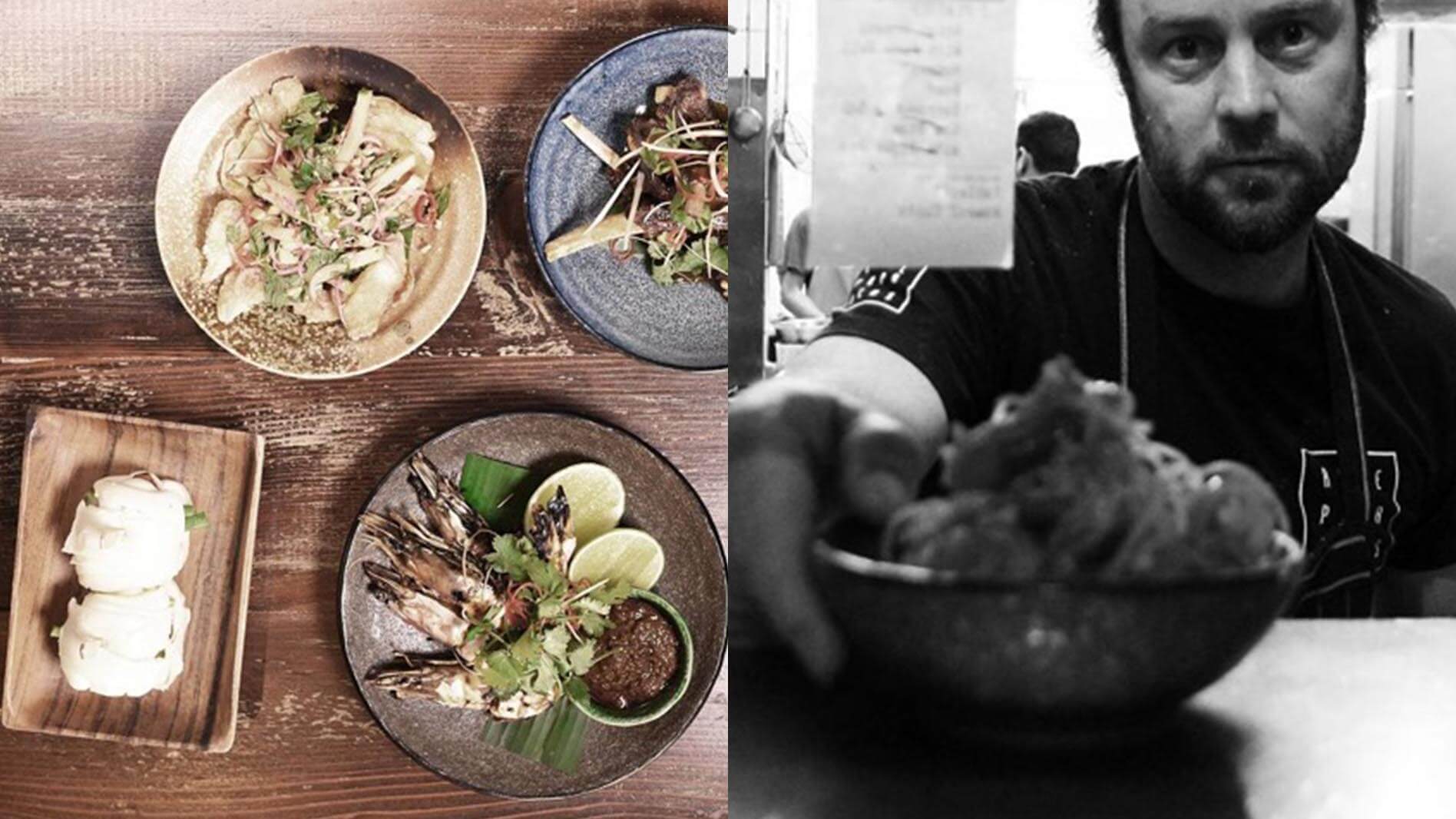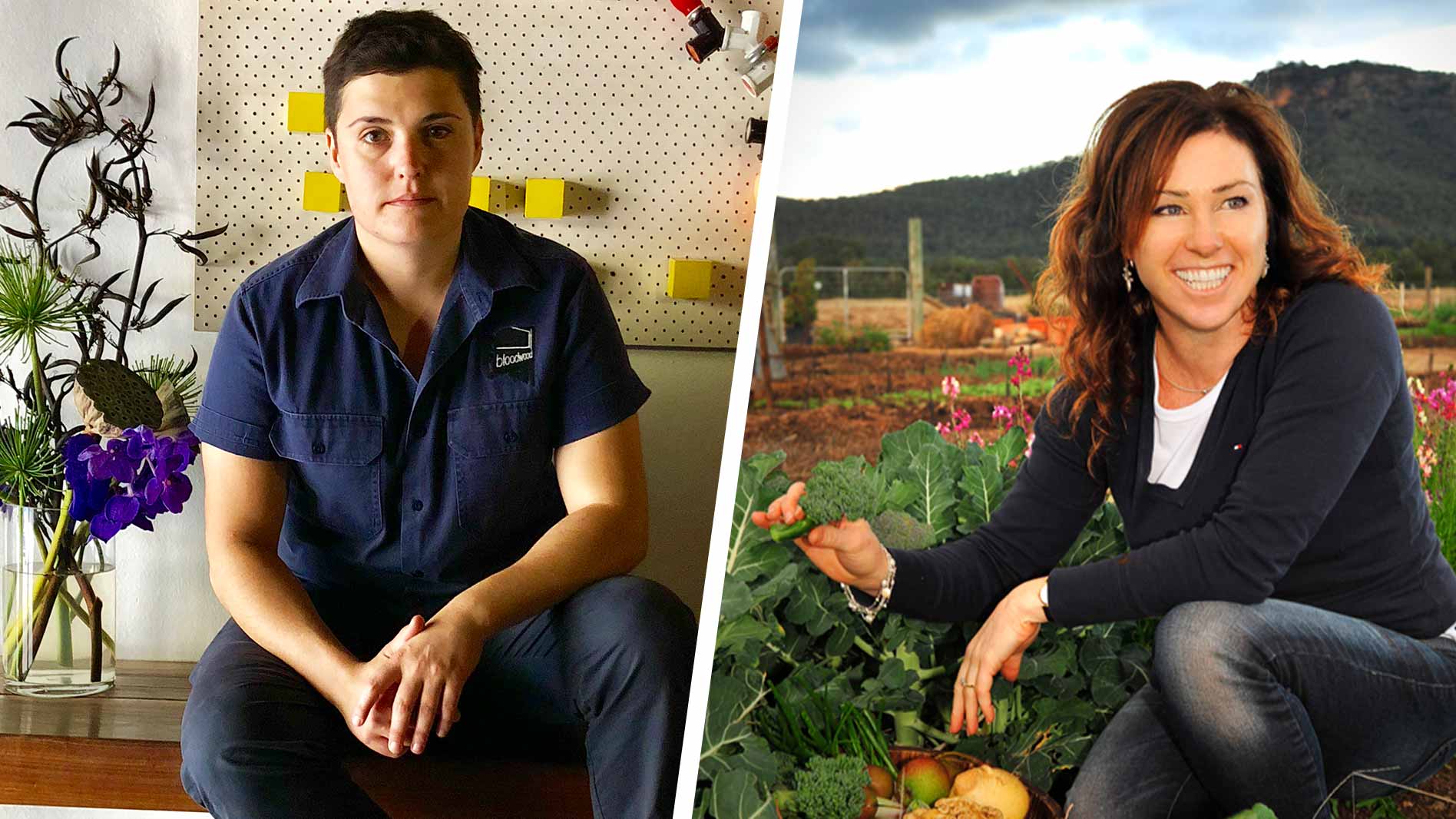Be inspired with recipes created by chefs.
Sign up for updates about products, special offers, news and promotional materials from Goodman Fielder.

Summary
You’ve been buying seasonal veg for years; it’s no secret it’s tastier, cheaper and better for you. But what if there’s another way to drive your kitchen’s dollar further and enrich your menu with interesting flavours? Experienced Chef Graham Krueger, Group Executive Chef at Wests Leagues Club, lends some expert advice on how to be a zero waste chef.
Thanks to the likes of Colin Fassnidge, most of us have heard of the rise of nose-to-tail dining, but how many of us are driven to utilise our veggies from root to stem? More than just an economic issue, kitchen wastage poses a serious sustainability question that many chefs feel is the food industry’s responsibility to address.
Chef Krueger says it’s important for chefs to lead the way in showing the public what’s possible when it comes to getting creative with ingredients.
“We buy a tonne of veg a week for the restaurant and I see how much waste there can be. It’s so important that we come up with solutions to that problem. Like every other kitchen, we begin to address that by using a lot of offcuts for soups, stews and stocks,” Chef Krueger said.

Chef Krueger said keeping an eye on what other chefs are doing, in Australia and overseas, is a great way to get new ideas on how to use produce in interesting ways. As with any experimental cooking, though, innovation comes with a warning.
“Before you start buying or preparing new produce, it’s essential you read up on it, so you’re absolutely sure about what’s safe for diners.”
The seeds of apples, along with the pits of peaches, apricots and cherries all contain cyanide and while you’d have to eat a whole lot of apple cores for serious harm to occur, understanding the chemical makeup of your ingredients is essential to keeping your diners safe.

In general, the entire part of a fruit or vegetable is edible, and the stems, leaves and roots of most vegetables have a similar taste. If you think your diners might balk at visible vegetable “offcuts” appearing on their plates, consider “hiding” them in dishes to add complexity and depth. For instance, the tops of scallions or green onions can be diced and sauteed, then added to mashed potato for a brilliant flavour boost. Carrot tops can be made into a pesto or used for garnishes, while silverbeet stems can be sautéed and served as a side dish or pureed to make a sauce.

Root-to-stem dining is about more than just economics. There’s something truly satisfying about getting the most out of your produce, while invigorating your menu with new flavours and textures.
Related Ideas
25th March 2023
A Chef’s Guide to Gluten Free Baking
Want to know how to turn your bakery goods into a gluten free delight? Check out our gluten free baking guide now.
25th March 2023
The Importance of Mentorships in Hospitality
The hospitality industry is changing at a pace we have never seen before. To make these challenging times slightly easier, a greater emphasis needs to be placed on mentoring and training the younger generation of chefs to ensure the future of hospitality is stronger than ever before.
21st March 2023
How Chefs can Deal with Dietary Requirements in their Kitchen
One of the key issues that many chefs face in dealing with dietary requirements in the kitchen is that it changes the nature of their dish. We spoke to some experts on how they deal with dietary requirements in their kitchens.




